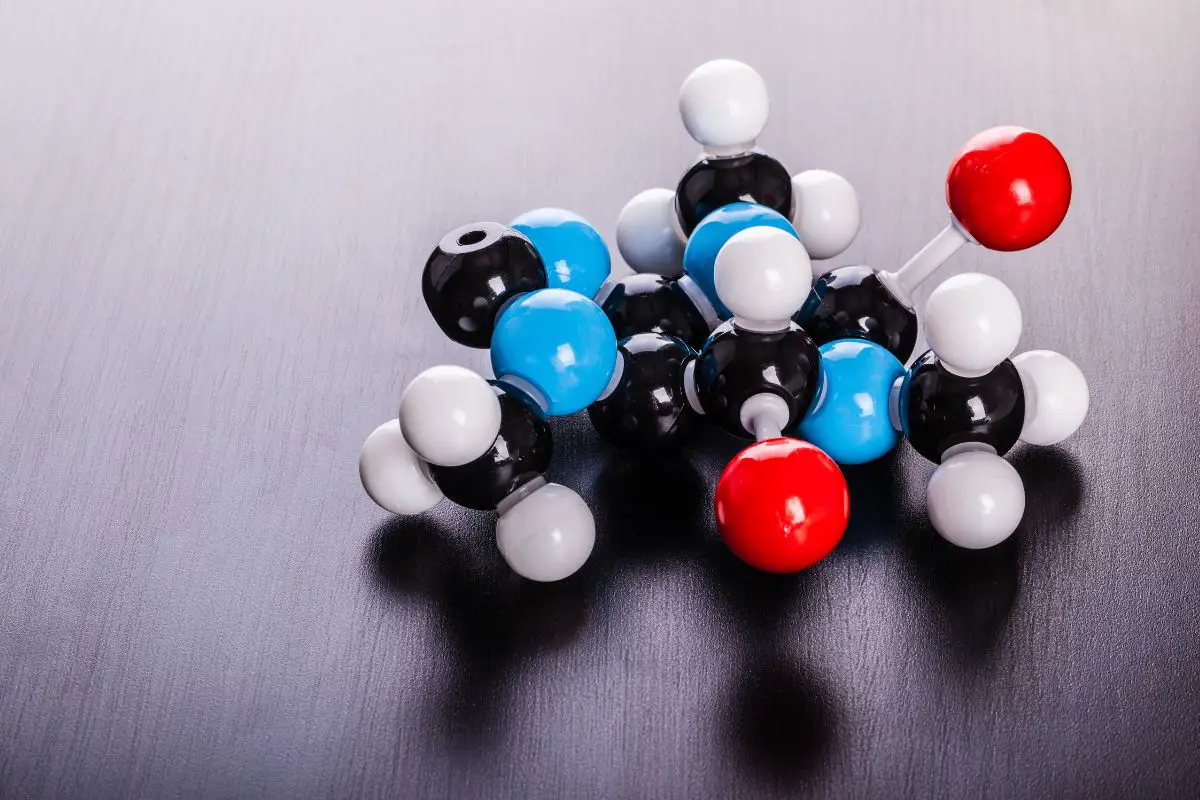Tea and coffee are among the most consumed beverages worldwide. These beverages contain compounds that are beneficial to our health.
An excellent example of these substances is alkaloids. These are nitrogenous substances produced by animals and plants like tea and coffee for their defense against bacterial, fungal, and insect attacks.

Some examples of alkaloids you may have heard of are morphine, ephedrine, nicotine, and quinine.
These substances are used to make medicine, such as analgesics, central nervous stimulants, tranquilizers, and anti-cancer medication.
Alkaloids are concentrated in plant organs such as roots, leaves, and bark. A good example is a tannin in tea leaves.
The Principal Active Alkaloid in Tea and Coffee
The primary active alkaloid in tea and coffee is caffeine. This substance is synthesized in the leaves and outer layer (pericarp) of the coffee cherry.
The production of caffeine in coffee cherries starts when light stimulates its production in the pericarp.
As the seed in the cherry begins to grow, the caffeine from the pericarp is accumulated in the seed. This is what we refer to as the coffee bean. This is why the coffee we make from coffee beans contains lots of caffeine.
Another alkaloid synthesized in young coffee seeds is theobromine, a substance used to make chocolate.
Theobromine is synthesized into caffeine in coffee beans as well as cacao beans. That’s why consuming these products boosts our mood and alertness.
Although fresh tea leaves contain alkaloids called methylxanthines, such as theophylline and theobromine, caffeine is the principal active alkaloid in them too.
What is Caffeine?

You may notice that drinking coffee makes you feel alert and energized. These are the effects of caffeine; the alkaloid we’ve mentioned is produced from coffee and tea.
Caffeine stimulates our bodies by blocking the build-up of adenosine in our bodies, reducing drowsiness. It also speeds up the relay of messages to the nervous system boosting our alertness.
It also enhances our cognitive functions, improving our memories and preventing neurodegenerative diseases.
Does the caffeine in tea affect us the same way? No.
The stimulatory effects of caffeine in tea are inhibited by a substance called L – theanine. That’s the reason drinking tea is more relaxing than coffee.
Benefits of Taking Caffeine
Taking caffeine doesn’t only boost our mental alertness it also;
- Increases insulin secretion in the body and improves its uptake in the human muscles preventing blood sugar problems.
- Relieves amnesia and lowers our risk of suffering from neurodegenerative diseases such as Parkinson’s disease.
- Reduces oxidative stress due to its antioxidant properties.
Although caffeine has a slightly bitter taste, it’s the main reason we take coffee. Many people enjoy that slightly bitter taste. Brewing coffee at recommended temperatures extracts about 75 – 85 percent of alkaloids like caffeine.
You can get about 87 mg of caffeine from a cup of espresso-style coffee. While a cup of tea contains 50 mg of caffeine. Green tea contains 33 mg of caffeine a cup.
Since caffeine is addictive, it’s easy to take too many cups of coffee or tea in a day. What are the side effects of this?
Effects of Consuming Too Much Caffeine
The effects of caffeine start manifesting in our bodies within an hour of consuming beverages containing this alkaloid, such as tea/coffee. The effects of this stimulant last for 4 – 6 hours afterward.
Although caffeine provides the body with beneficial properties, it can also cause health issues when consumed excessively.
Taking more than 4 cups of coffee in a day will cause you to overload on caffeine.
Overdosing on caffeine can cause muscle twitches, irritability, heart palpitations, anxiety, respiratory alkalosis, and insomnia.
So caffeine in tea and coffee should be taken in moderation. You should also monitor the sources of caffeine in your diet.
Eating or drinking beverages, snacks, or foods that contain caffeine, such as chocolates, energy drinks, and colas, while taking coffee can lead to an overdose of caffeine.
At the end of the day, caffeine must be consumed in moderation to improve our health in the short and long term.
Conclusion
Now you know that caffeine is the principal active alkaloid in tea and coffee. It’s good to note that alkaloids such as caffeine can have a therapeutic effect on our bodies.
Yet, we must avoid overdosing on them to avoid suffering their harmful effects.
The recommended amount of caffeine you should have in a day is 400 mg. That translates to 4 cups of coffee or 8 cups of tea.
Related Article: